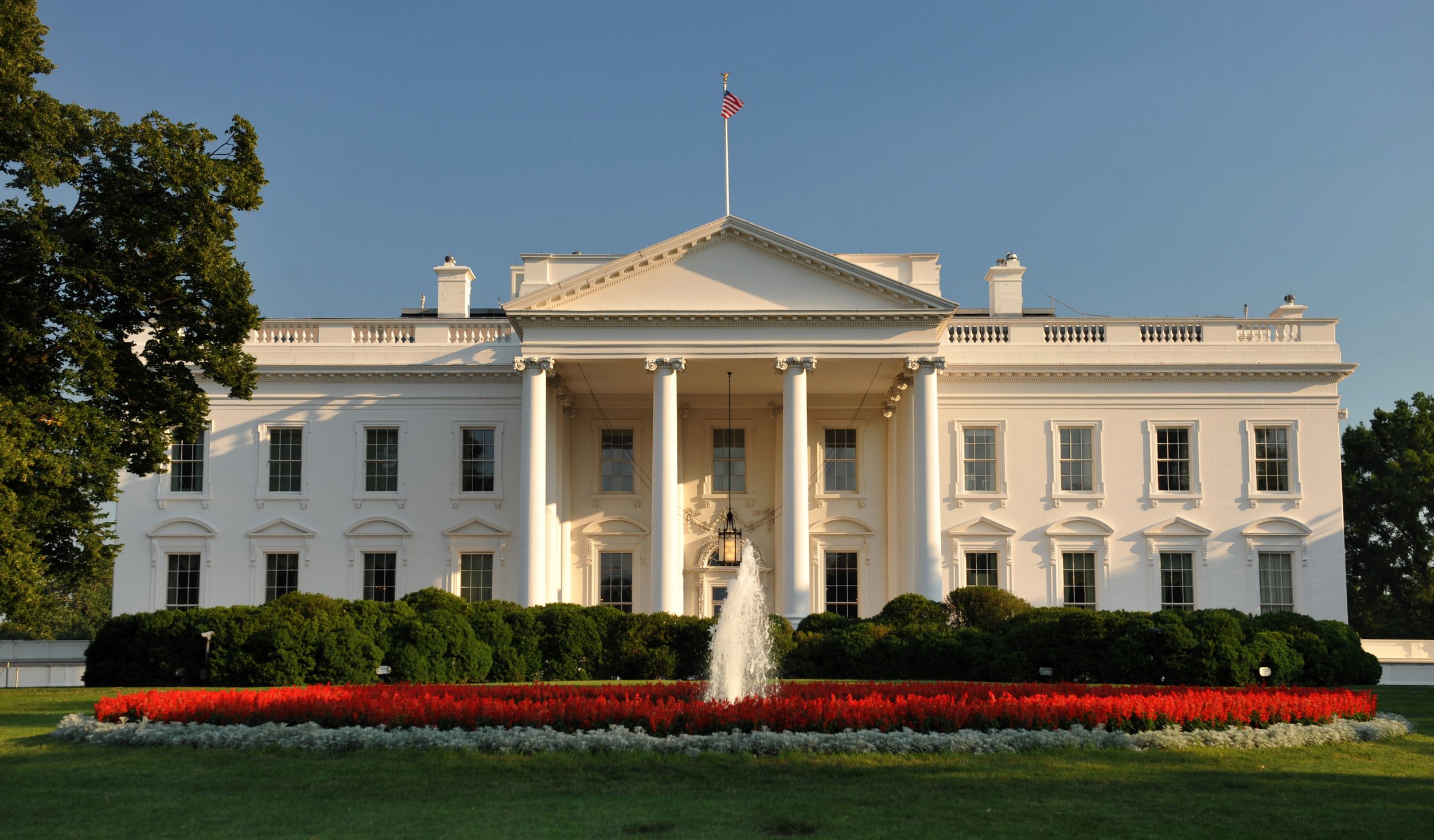GW Experts Weigh In On White House AI Risk Mitigation Initiatives
The Biden administration announced a slate of initiatives aimed at reducing the risks posed by rapidly advancing artificial intelligence systems. The list of measures includes $140 million for new AI research centers and a promise to craft instructions for federal agencies tasked with regulating AI technology. Vice President Harris will sit down with the CEOs of tech giants Google and Microsoft and AI developers OpenAI and Anthropic later this morning.
David Broniatowski, an associate professor of engineering management and systems engineering, is GW’s lead principal investigator of one of the new research centers the National Science Foundation announced this morning. Called the NSF Institute for Trustworthy AI in Law & Society (TRAILS), GW is co-leading a multi-institutional effort supported by NSF that will develop new AI technologies designed to promote trust and mitigate risks, while simultaneously empowering and educating the public.
Among the institute’s four research initiatives, Broniatowski will lead the institute’s third research thrust of evaluating how people make sense of the AI systems that are developed, and the degree to which their levels of reliability, fairness, transparency and accountability will lead to appropriate levels of trust.
Susan Ariel Aaronson, research professor of international affairs, is also helping to lead GW’s effort in this multi-institutional collaboration. As part of TRAILS, Aaronson will use her expertise in data-driven change and international data governance to lead the institute’s fourth thrust of participatory governance and trust. Aaronson's overall research focuses on AI governance, data governance, competitiveness in data-driven services such as XR and AI, and digital trade.
Aram A. Gavoor is the Associate Dean for Academic Affairs at GW Law and an internationally recognized scholar in American administrative law, national security, and federal courts. He can discuss AI policy and governance.

